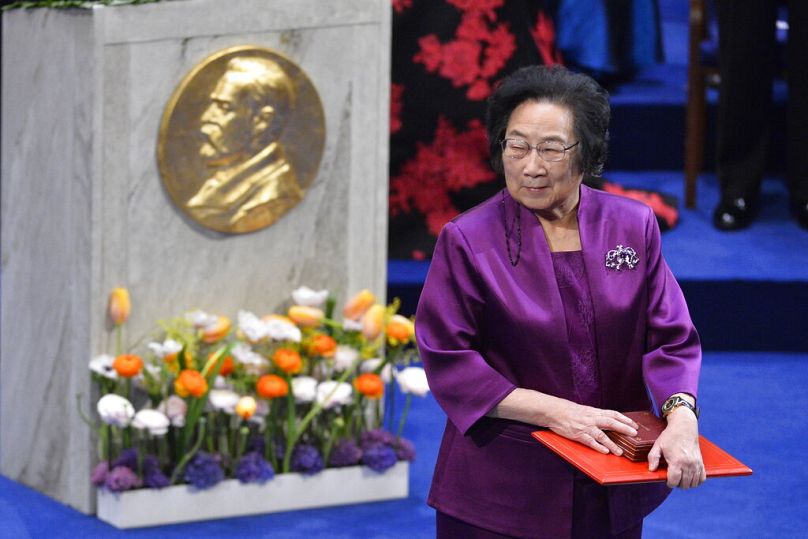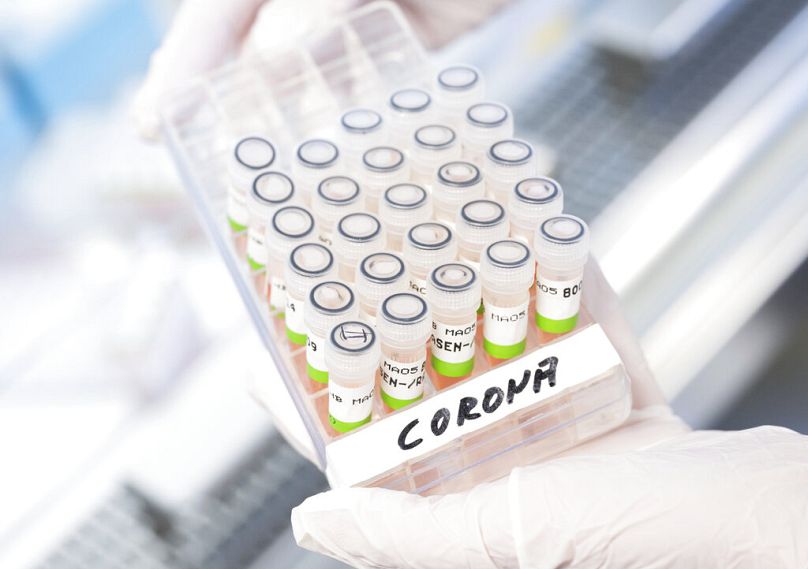Mainstreaming open science will entail making it the norm for every scholarly pursuit. This will demand a cultural shift, Lidia Brito writes.
Back in 1968, US Senator Robert Kennedy quipped that GDP measures "neither our wisdom nor our learning — it measures everything, in short, except that which makes life worthwhile".
Just as GDP can measure economic growth and prosperity but not well-being or progress towards sustainable development, so too the volume of scientific publications is a measure of quantity, not quality.
The limits of the "public or perish" mantra were underscored in 2015, when Tu Youyou was awarded the Nobel Prize "for her discoveries concerning a novel therapy against malaria" that she had developed in a Chinese laboratory 40 years earlier.
As the UNESCO Science Report observes, the laureate had an atypical profile. She was not well-known in China prior to winning the prize and was not an honorific academician (yuanshi) of either the Chinese Academy of Sciences or the Chinese Academy of Engineering.
Furthermore, as the report outlines, "In 2020, the Ministry of Education and the Ministry of Science and Technology issued a directive discouraging universities from rewarding researchers who had a high publication output with bonuses, awards, jobs or promotions, in a drive to remove incentives that encouraged scientists to publish one paper after another, rather than focus on high-impact work".
Neglect of societal needs undermines trust in science
Other countries are also re-evaluating their adherence to the "publish or perish" mantra as a measure of scientific performance.
Too often, scientific research is being undertaken that bears little relation to the challenges faced by the population, such as poor water quality or climate-vulnerable crops.
This neglect of societal needs undermines trust in science. A population that does not see the benefits of science may be less supportive of the scientific enterprise.
Of course, scientists must also enjoy intellectual freedom. Basic research, by definition, has no immediate application, even if, over time, its spin-offs can bring about radical change.
It was exploratory basic research which led to the sequencing of the first human genome in 2003. The Human Genome Project was a pioneer of open science.
The project also produced high-impact research that spawned an entirely new scientific discipline: genomics.
Today, the field of genomics has given rise to gene therapies, such as for cancer patients. It is thanks to genomics that the coronavirus responsible for the COVID-19 pandemic could be identified so quickly in early 2020.
A long road ahead
The COVID-19 pandemic shone a spotlight on this virtue of science: the culture of sharing. It was this culture which accelerated the development of the first vaccine.
Pharmaceutical companies published their data on vaccine development in specialised journals where virologists and other specialists could see them.
Major commercial publishers, science funders and others committed to making all research and data on the COVID-19 outbreak available immediately.
Some 193 governments witnessed in real time the benefits of this culture of sharing before endorsing, in November 2021, the UNESCO Recommendation on Open Science, by which they committed to making openness a hallmark of the practice of science in their respective countries.
UNESCO is monitoring progress towards this goal. On 14 December, it launched the UNESCO Open Science Outlook, the first global assessment of the status of open science, which draws upon input from experts around the world.
There is still a long road to travel, for progress has been far from uniform.
The number of scientific publications in open access, collaborative research platforms, open repositories, open source software and hardware is increasing but there are striking differences across disciplines and regions.
Although 60% of scientific articles related to good health and wellbeing are now available in open access, about 50% of articles on climate change remain locked behind the paywalls of scientific journals, as do 57% of those on clean water and sanitation and 48% of those on biodiversity, despite each of these areas being the focus of a Sustainable Development Goal to be achieved by 2030 — and despite this research being publicly funded.
Open science needs investment to thrive
Moreover, the focus so far has been on ensuring open access but this is but one component of open science; openness also means fostering a dialogue and engagement with broader society.
There has been less of a focus on expanding participation in science, such as by acknowledging the contribution made by citizen scientists and Indigenous knowledge or the potential role that communities can play in co-designing certain research projects.
The persistent socio-economic, technological and digital gaps among countries and communities stand as a testament to the unfinished agenda of open science. To thrive, open science requires investment.
Access to funding but also skills and essential tools remains uneven, impeding the realization of open science’s full potential. Until these barriers are lifted, the promise of openness in science will remain unfulfilled.
Mainstreaming open science will entail making it the norm for every scholarly pursuit. This will demand a cultural shift. We invite governments, institutions, researchers and inventors everywhere to join us on this transformative journey.
Lidia Brito is Assistant-Director General for Natural Sciences at UNESCO.
At Euronews, we believe all views matter. Contact us at view@euronews.com to send pitches or submissions and be part of the conversation.













